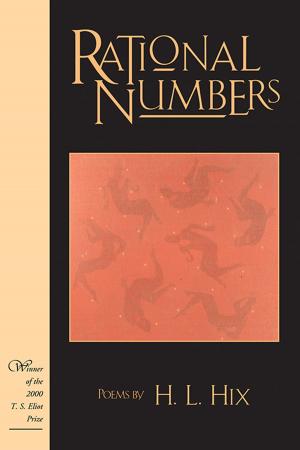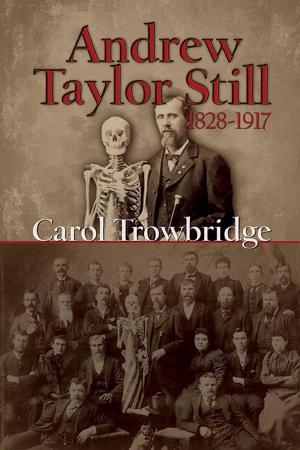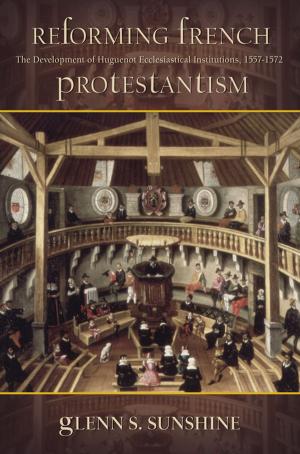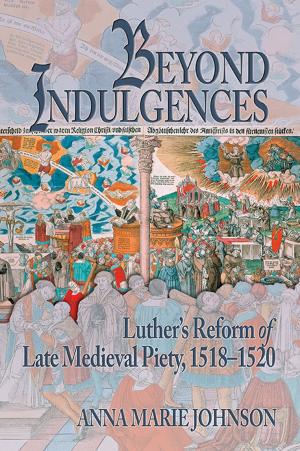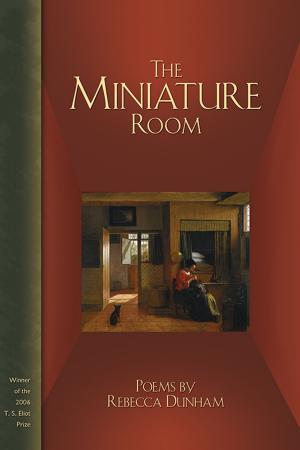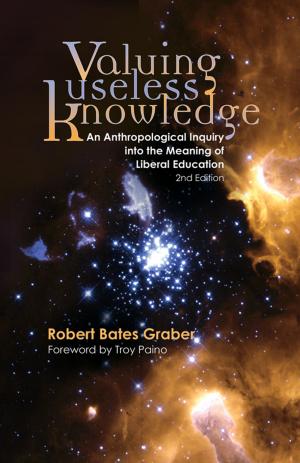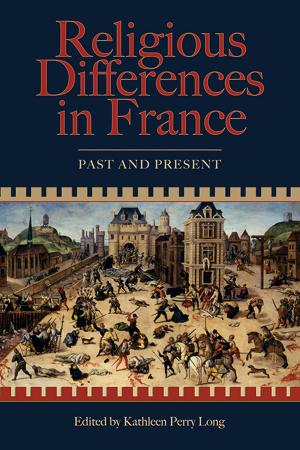The Roman Monster
An Icon of the Papal Antichrist In Reformation Polemics
Nonfiction, Religion & Spirituality, Reference, History, Christianity, Church| Author: | Lawrence P. Buck | ISBN: | 9781612481074 |
| Publisher: | Truman State University Press | Publication: | March 1, 2014 |
| Imprint: | Language: | English |
| Author: | Lawrence P. Buck |
| ISBN: | 9781612481074 |
| Publisher: | Truman State University Press |
| Publication: | March 1, 2014 |
| Imprint: | |
| Language: | English |
In December 1495 the Tiber River flooded the city of Rome causing extensive drowning and destruction. When the water finally receded, a rumor began to circulate that a grotesque monstrosity had been discovered in the muddy detritus—the Roman monster. The creature itself is inherently fascinating, consisting of an eclectic combination of human and animal body parts. The symbolism of these elements, the interpretations that religious controversialists read into them, and the history of the image itself, help to document antipapal polemics from fifteenth-century Rome to the Elizabethan religious settlement. This study examines the iconography of the image of the Roman monster and offers ideological reasons for associating the image with the pre-Reformation Waldensians and Bohemian Brethren. It accounts for the reproduction and survival of the monster's image in fifteenth-century Bohemia and provides historical background on the topos of the papal Antichrist, a concept that Philip Melanchthon associated with the monster. It contextualizes Melanchthon's tract, “The Pope-Ass Explained,” within the first five years of the Lutheran movement, and it documents the popularity of the Roman monster within the polemical and apocalyptic writings of the Reformation. This is a careful examination and interpretation of all relevant primary documents and secondary historical literature in telling the story of the origins and impact of the most famous monstrous portent of the Reformation era.
In December 1495 the Tiber River flooded the city of Rome causing extensive drowning and destruction. When the water finally receded, a rumor began to circulate that a grotesque monstrosity had been discovered in the muddy detritus—the Roman monster. The creature itself is inherently fascinating, consisting of an eclectic combination of human and animal body parts. The symbolism of these elements, the interpretations that religious controversialists read into them, and the history of the image itself, help to document antipapal polemics from fifteenth-century Rome to the Elizabethan religious settlement. This study examines the iconography of the image of the Roman monster and offers ideological reasons for associating the image with the pre-Reformation Waldensians and Bohemian Brethren. It accounts for the reproduction and survival of the monster's image in fifteenth-century Bohemia and provides historical background on the topos of the papal Antichrist, a concept that Philip Melanchthon associated with the monster. It contextualizes Melanchthon's tract, “The Pope-Ass Explained,” within the first five years of the Lutheran movement, and it documents the popularity of the Roman monster within the polemical and apocalyptic writings of the Reformation. This is a careful examination and interpretation of all relevant primary documents and secondary historical literature in telling the story of the origins and impact of the most famous monstrous portent of the Reformation era.

